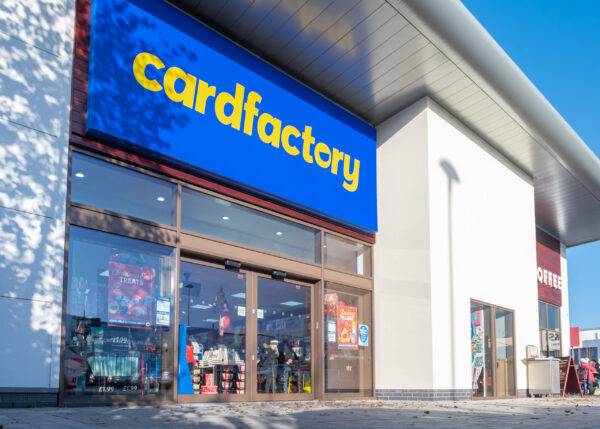Mecca Bingo (29% of revenues)
With 85 clubs, Rank is the second largest UK land-based bingo operator, after Gala Retail. In FY16 Mecca venues derived 14% of revenues from main-stage bingo, 41% from interval games, 33% from amusement machines and 12% from food and drink. Despite the industry decline there are still almost 2.5 million regular bingo players, 5% of British adults, with a female C2DE demographic skew.
Exhibit 3: UK bingo market share by venues
|
Exhibit 4: FY16 Mecca revenue mix
|

|

|
Source: Rank Group, Edison Investment Research
|
Exhibit 3: UK bingo market share by venues
|

|
Exhibit 4: FY16 Mecca revenue mix
|

|
Source: Rank Group, Edison Investment Research
|
Strategic plan: Attracting the new while keeping the old
The challenge is clearly how to innovate the clubs to attract younger players while retaining the loyal older age group. To mitigate the industry trend of declining customers, Rank is implementing robust cost control, as well as improved service and better upselling to increase spend per visit.
■
Technology enhancements
•
Mecca Max tablets illustrate the opportunity for multi-channel gaming at Mecca, and for widening the customer base. With c 13,500 units, they are played by about a third of customers, whose average bingo spend is reportedly four times that of a paper player. Moreover, Max customers are two-thirds as likely to play online and thus have a much higher level of brand engagement, particularly when they can play the same games on whichever channel they choose – Max units, slot machines, mobile or desktop.
•
Although the single wallet and account will focus on Grosvenor in the near term, we expect Rank to migrate Mecca customers to a single wallet in due course, enhancing the experience for the customer and the marketing opportunities for Mecca.
■
Maintaining admissions levels
•
Rank has had early success with new concepts, experimenting with a variety of Bingo theme nights to attract different audiences (students and young professionals). Early trials were hugely popular and sold out quickly to a significantly different customer base. We expect the increase in new admissions to largely offset the decline in the traditional customer base. Importantly, these new concepts are likely to contribute to like-for-like income growth.
•
Reduction in operating hours: from an average of 71,000 hours per week in FY16 to 65,000 hours per week in Q317.
•
Tighter promotional spend, to focus on profitable admissions: spend declined from 8.9% of revenue in FY16 to 6.3% of revenue in Q317.
•
Rank has introduced new games and additional titles, increased events and brought in a more flexible bingo calendar. Enhanced menus are also being added in selected clubs.
The most important development within Mecca Bingo has been the creation of a completely new bingo brand, Luda, which will be rolled out at clubs and online. It is designed to be a smaller city centre offering, located on a high footfall location and to appeal to a different, younger demographic.
The format will have a coffee lounge at the front, a limited hot food offer, a bingo lounge and an electric lounge with c 40-50 gaming machines. Bingo will be played mainly on mobile devices and players can dip in and out of games (similar to Enracha’s Spanish model), although they will also link into some of the bigger prize games such as the National Bingo Game. With a compact footprint of 2,500-5000 square feet, capacity is expected to be 100-150 vs 800-1,000 for an average Mecca club.
After some initial resistance with local authorities, Rank has received planning permission for four sites in 2017 and the company aims to build out three of them by autumn (Leeds, Weston-Super-Mare and Walsall). Additional roll-out will be dependent on appropriate planning permissions, but management hopes to build a further 10 sites next year.
The initial three sites are expected to cost c £2.4m, at £800k/unit, with a three- to four-year payback. With the benefit of experience, management expects any additional sites to cost c £500k per unit, thus a chain of 50-100 Luda sites would cost £25-50m, but could generate £5-10m of EBITDA pa. We believe the majority of this would be incremental, offsetting the Mecca decline, such that divisional profits should start to rise from FY19/FY20 (beyond our forecast period).

























